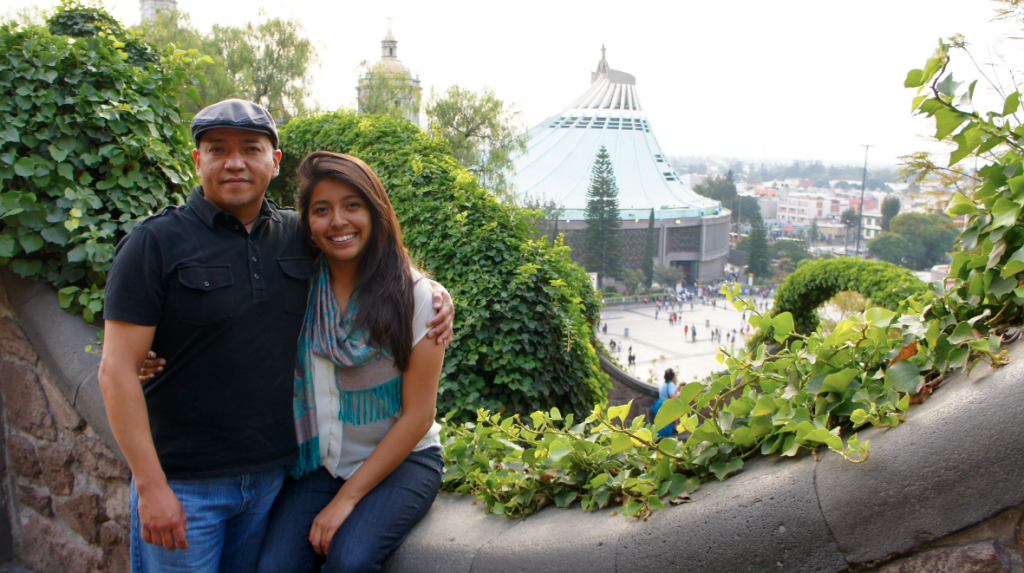
The anthropology course Crossing Over: Latino Roots and Transitions aims to contextualize the socioeconomic and political struggle and adaptation of Latin American immigrants who migrate to the United States. The course aims to highlight said experiences through various lenses that range from gender relations to family networks. Through the usage of a range of tools and perspectives, stories are deemed both complex and unique.
Storytelling became a central focus of the course that tied theories and ethnographies together. Hearing the voices of migrants helped humanize the stories and the theories that we had the privilege of reading and discussing during our course. Conducting an individual research project that had such high interacting with a migrant led to an opportunity to unpack the privilege that one, as a student in one of the best higher learning institutions, indulges in on a daily basis.
When we were first introduced to this project on the first day of class, I immediately toyed with the idea of interviewing a relative. I knew that, perhaps, the interview would be biased and “too personal” due to the close relationship that I have with most of my relatives. I introduced the idea to the first person that came to mind when I through of “relatives”, my father, and he said he would think about it.
As a first generation working-class immigrant, my father was definitely not used to hearing much about anthropology projects for a university class. Due to coercive systems of oppression that branch out to the education and work sectors, my father grew up thinking that interviews and university projects were intended to study the elite and the individuals that belonged to the upper socioeconomic classes.
Having studied in inner city schools during my childhood and adolescence led me to similar thoughts – what if my father’s working class background was dismissed by my Professor or the viewers of the published website? A couple of days and many conversations later, my father and I concluded that in order to challenge the systems that led us to feel under appreciated and invisible, it was our obligation to share the story of an immigrant who struggled with issues of cycles of poverty and vices, disillusionment, and legal status and documentation. My father agreed to be the focus and muse of the project.
Conducting the first interview was nothing short of awkward and uncomfortable. The first set of questions were answered with ten words or less. My father stopped me various times and expressed how nervous he was and how he did not want to forget any details. I tried to portray myself as calm as possible despite my uneasiness as well. I did not know how I would get so much information out of a man of few words. As the interview went on and we both grew more comfortable, I was able to connect with my father and allow him to lead me through his story. I was simply there to share that experience with him.
After completing both interviews, my father and I were able to give a broader contextualization on a very personal story. I learned more about my grandparents and my uncles, while also indulging myself in modern Mexican history and culture. Immediately I began to detect the nucleus of my father’s personal decision to migrate, while acknowledging the strong socioeconomic and political forces that pushed him along this journey.
As a team, my father and I were able to work together to weave his story together in a way that represented his own personal choices as they were influenced by coercive systems of oppression that were also tied to many opportunities and blessings. In the end, the product was composed of captivating moments that allowed the reader to feel a range of emotions and relatability.
Although this particular project has ended, this journey has definitely not concluded. As a Spanish Literature and a Latin American, Latino & Caribbean Studies double major with a minor in African Diasporic Studies, I constantly interact with people and their stories of struggle, success, and everything in between. This project led me to combine language, people, and the history of the diaspora and its effects to construct a story for one of the most important people in my life. I hope that this project can help me jumpstart many more similar projects in which I can weave a theoretical approach to my own story and identity.
As I continue to write my story through higher education, I keep those who have come before me as inspiration of what can be achieved through determination and perseverance. I can only hope that I can continue to carry my father’s wisdom and story for many generations of warriors who also carry their culture within their hearts and in the color of their skin.